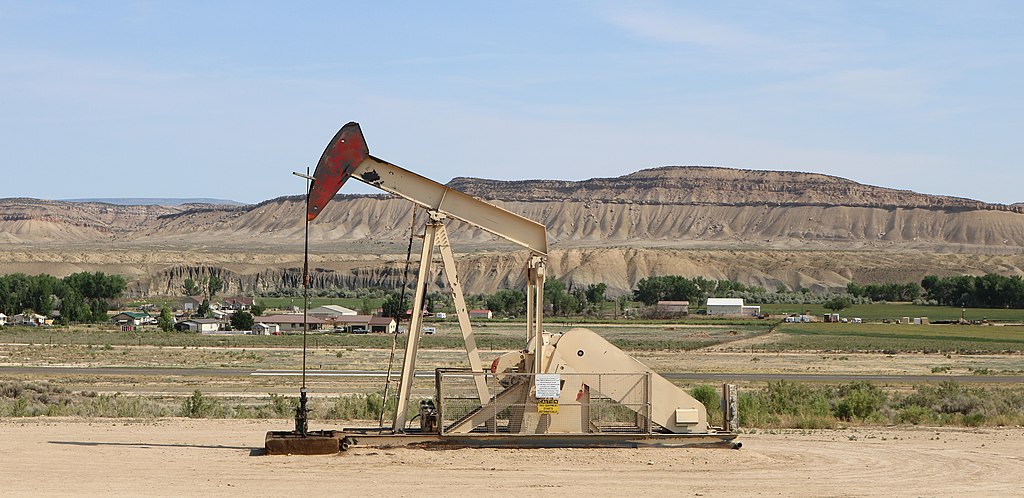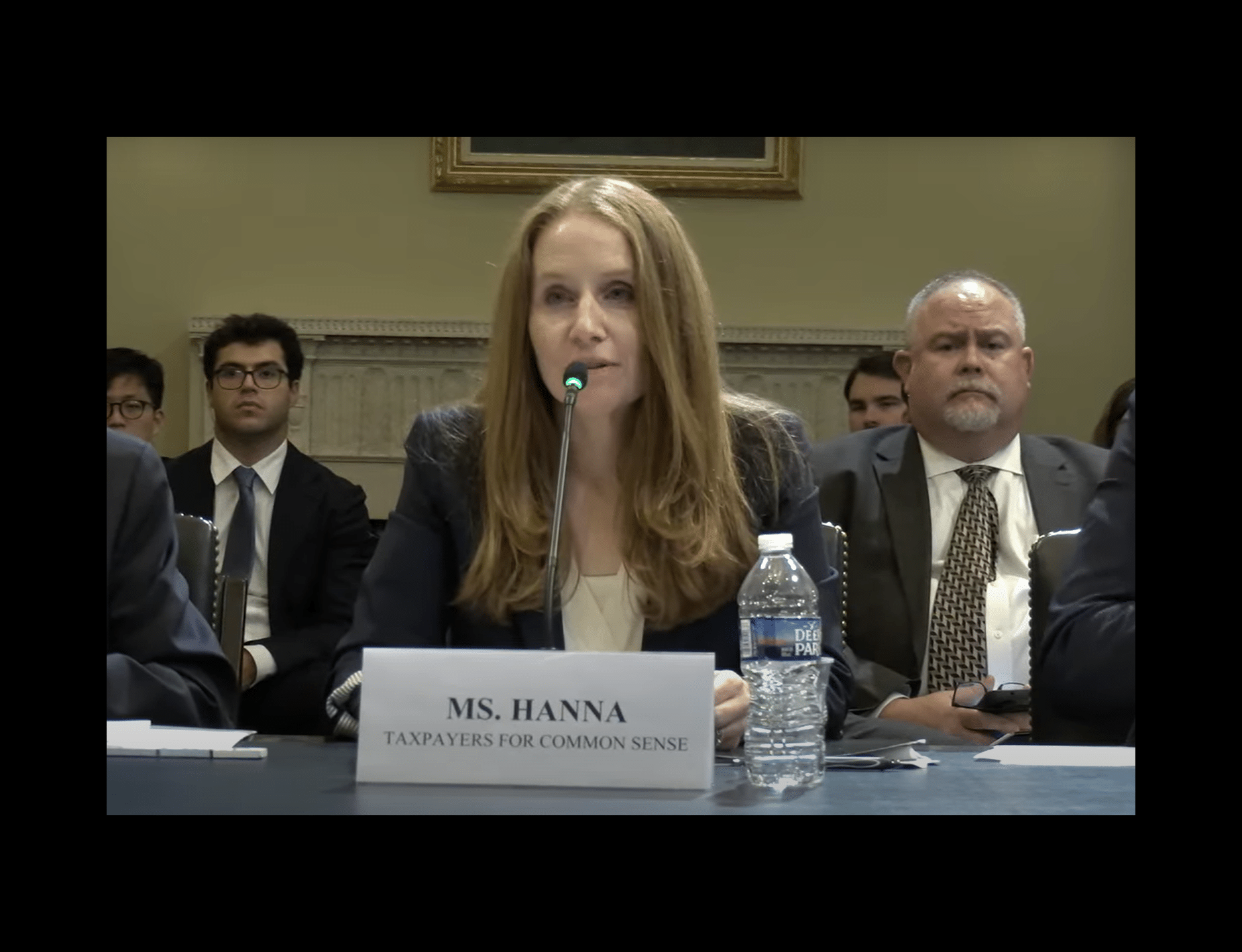Joshua Sewell, a director of research and policy at Taxpayers for Common Sense, said this trend would only get worse under the reconciliation bill, as it boosts crop guarantees and references prices by 10-20%.
Sewell said the bill further prioritizes larger commodity farmers by eliminating a current provision that restricts farmers with adjusted gross incomes of $900,000 or more from receiving certain USDA benefits. It would also increase annual payment limits from $125,000 to $155,000 per person actively engaged in the farm. Sewell and others on the press call said means the taxpayer-funded payments could go to spouses and other family members associated with a farm.
“It’s the largest, most successful operators who are going to harvest most of the benefits of these loopholes and increases,” Sewell said.
The bill also authorizes the enrollment of up to 30 million new base acres, or a farm’s crop-specific acreage eligible for certain benefits. Sewell said it “virtually guarantees annual payments for peanuts, cotton and rice” because of significant increases to those crops’ reference prices and commodity title program spending.
Sewell said those crops, which are primarily grown in southern states, are benefiting from “southern dominated” ag committees at the Capitol and lawmakers that are “padding the pockets of their own self interests and their states.”
Sewell said senators should reject the massive spending in the bill and instead focus on tailoring safety nets and social programs “to actual need” and spending “at a level that we can afford.”
“This bill advocates austerity and food aid, while deepening dependency on farm subsidies for, as has been mentioned, only a select few,” Sewell said. “It’s the exact opposite of what our nation and our farmers need.”
{…}
Sewell said the move to drastically cut from SNAP is a political “bait and switch” used in Farm Bill negotiations before. He said while farm subsidy regulations are put in effect almost immediately after a bill passes, the SNAP and nutrition provisions usually have longer implementation dates and get changed before they are implemented.
“The siren song of slashing SNAP is repeatedly used to distract from the real goal of the ag committees, which is raiding the Treasury for politically favored crops,” Sewell said.
{…}
Sewell said the language in the budget reconciliation bill would not have made it through either chamber’s ag committees as a normal Farm Bill.
“Lawmakers, thus, in our opinion, should reject this flawed Farm Bill and demand an actual Farm Bill debate outside of reconciliation,” Sewell said.










